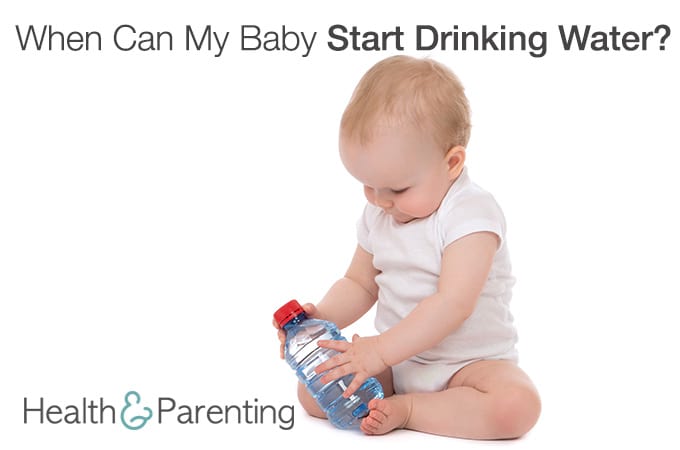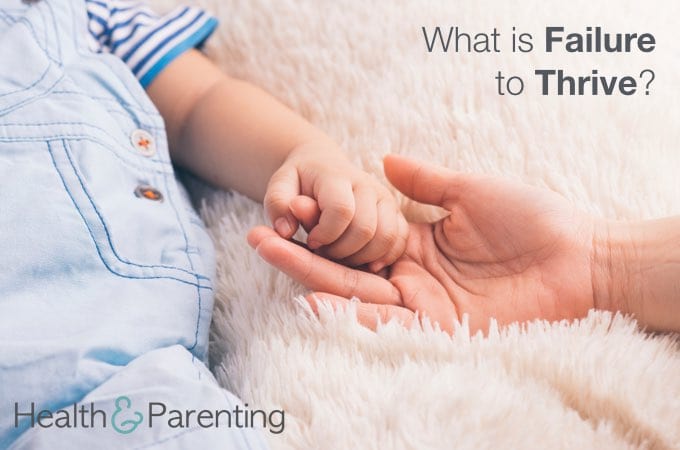Many parents wonder if and when they should be offering their babies water. This is especially true if your grandma keeps hinting that your baby is crying because he is thirsty (ignore her, she’s probably wrong). The rules are different for breastfed and formula fed babies, so you’ll need to make sure you’re following the correct advice for your baby.
Should my breastfed baby start drinking water?
Simply put, no. Breast milk consists of over 80% water and provides all of the thirst-quenching water your baby needs throughout the day. Exclusively breastfed babies don’t require additional water, as long as baby is allowed to nurse as needed. But what about on hot days? Fear not, you have very clever boobs. On warm days, your breast milk actually contains more water to prevent your baby from becoming dehydrated. Isn’t your body the most amazing and brilliant thing in existence?!
Should my formula fed baby start drinking water?
Formula fed babies don’t need to be offered water during the first six months. During this time, the formula milk will provide enough hydration. However, some people recommend offering sips of water on very hot days, though formula milk should offer all of the hydration your baby needs. In certain circumstances, your doctor may advise you to offer water to a baby who is unwell. If you are unsure whether your baby should be offered water during bouts of illness, speak to your healthcare provider for advice.
When should water become a regular part of my baby’s diet?
At six months, your baby will be starting to experiment with solid foods. Around this time, you may want to offer water in a sippy cup at meals. This will teach your baby how to drink from a cup. Consuming water with solid food may also help to prevent constipation. Your baby will still need to have either breast or formula milk throughout the day.
Should I offer juice?
You may be wondering whether you can swap the water for a fruit cordial or fruit juice, but it’s best not to. These sugary drinks are filled with empty calories and contain sugars that could be harmful to your baby’s teeth. There is no need for babies and small children to drink anything other than water and milk.
Written by Fiona (@Fiona_Peacock), mother, writer and lover of all things baby related.
This information is not intended to replace the advice of a trained medical doctor. Health & Parenting Ltd disclaims any liability for the decisions you make based on this information, which is provided to you on a general information basis only and not as a substitute for personalized medical advice. All contents copyright © Health & Parenting Ltd 2016. All rights reserved.











